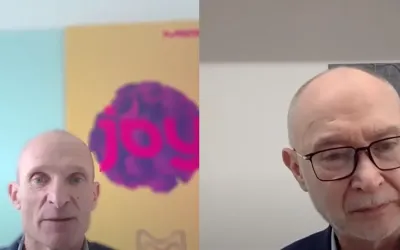Charles Duhigg recounts a great story of how, when Paul O’Neill was hired as the new CEO of Aluminum Company of America (Alcoa), analysts and industry experts were dumbfounded by his constant preaching of safety first. Rather than talking about new markets and opportunities, he was only rabbiting on about safety. After his first presentation as CEO, obituaries were being written about this once great company.
However, Paul O’Neill had found a keystone habit of his company—safety. Duhigg writes, “Within a year of O’Neill’s speech, Alcoa’s profits would hit a record high. By the time O’Neill retired in 2000 to become Treasury Secretary, the company’s annual net income was five times larger than before he arrived, and its market capitalization had risen by $27 billion. Someone who invested a million dollars in Alcoa on the day O’Neill was hired would have earned another million dollars in dividends while he headed the company, and the value of their stock would be five times bigger when he left.”
What are your keystone habits in your company? Perhaps keep a journal of your daily activities. Do not try to change anything, but observe your keystone habits and you may just find the keystone habit that will change your company.
You may also enjoy
Global Thinkers Wanted in a World of Change
ichi-go ichi-e – “One opportunity, One encounter”
Mid-level Managers seek more guidance
Morunda www.morunda.com should be your choice of recruiting partner in Japan and Asia Pacific. Why? Because we live and breathe the pharmaceutical industry in Asia and the Pacific—we’re specialists!
- Morunda has completed over 400 managers to director-level placements since 2001.
- A cultural understanding of what it takes to secure top talent
Over one hundred thought leadership articles published. - We hold regular seminars for candidates and clients alike with industry experts.
- We understand the market, not only today, but where it is heading in the next 12 to 18 months



